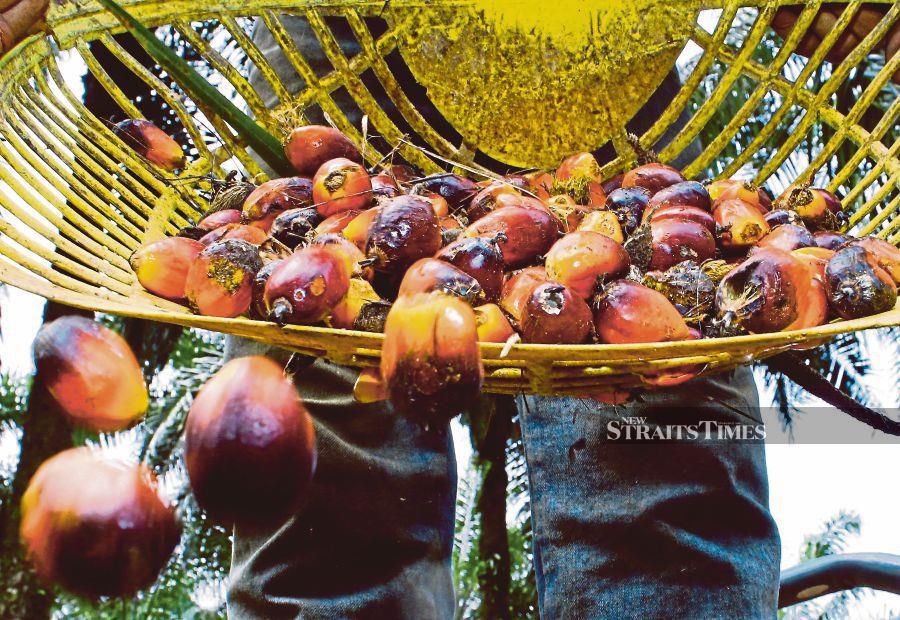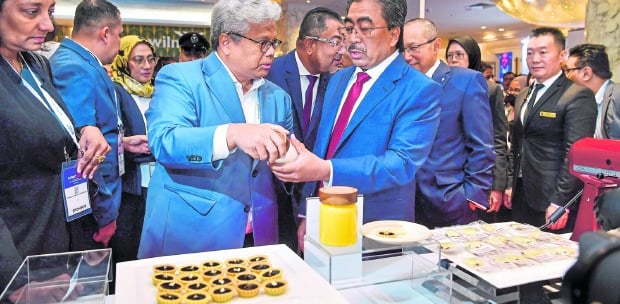THE Malaysian Palm Oil Board (MPOB) acknowledges the media's vital role in disseminating the latest developments in the oil palm industry.
Last week, MPOB organised a luncheon talk for media editors, the first since I took the helm of the board in May last year.
It was heartening to see a good turnout, despite the rising number of Covid-19 cases in the country.
The senior management of MPOB and I had the opportunity to interact with the editors and journalists, and providing them with updates in the oil palm industry.
As the West continues to attack our palm oil with negative campaigns, the role of the media in disseminating accurate information becomes increasingly important.
The most recent attack is on forced and child labour issue involving one of Malaysia's largest plantation companies.
Since 2009, the United States has included the Malaysian palm oil industry in its List of Goods Produced by Child Labour or Forced Labour.
This year, Malaysia was put on the Tier 2 Watch List in the Trafficking in Persons Report issued by the US State Department.
The Plantation Industries and Commodities Ministry and the MPOB are taking measures to address the issue and subsequently remove Malaysian palm oil industry from the list.
We have been conducting various programmes to increase awareness and educate the industry on the forced and child labour issue.
Plantation industry players have been constantly reminded to avoid any element of forced and child labour in their operations.
Therefore, these baseless accusations against palm oil by the West are aimed at protecting its domestic oil and fats industry, including olive oil, rapeseed, soybean, sunflower and other oilseeds.
The Malaysian oil palm plantations make up 21.9 per cent of the world's oil palm matured area of 23,812 million hectares.
Oil palm, which utilises about 0.46 per cent of the world's 5.1 billion hectares of agricultural land, holds great future prospects, especially for Malaysia.
Despite the attacks against palm oil, the outlook of the palm oil industry remains bright, driven by the rising demand for food, oleochemicals and biofuel in sync with the growth in the world's population and economy.
With the rising global oil and fats demand, we have to rely on high-yielding crops like oil palm to feed a growing world population.
Palm oil makes up 33 per cent of the world's oils and fats consumption — the biggest globally. Demand will continue to grow, providing a huge opportunity for the Malaysian palm oil.
In sync with that, the world's consumption of vegetable oils is projected to increase by 19 per cent to 250 million tonnes by 2050 from 210.4 million tonnes last year to meet the demand of an expected global population of 9.7 billion people.
The certification of Malaysian palm oil, through the Malaysian Sustainable Palm Oil (MSPO), widens its market access globally.
The MSPO certification has been mandatory from Jan 1 this year and is aimed at making Malaysian palm oil the product of choice among consumers globally.
Therefore, the truth about palm oil, its advantages, economic value and its benefits should continue to be shared with the public.
The writer is the director-general of Malaysian Palm Oil Board





